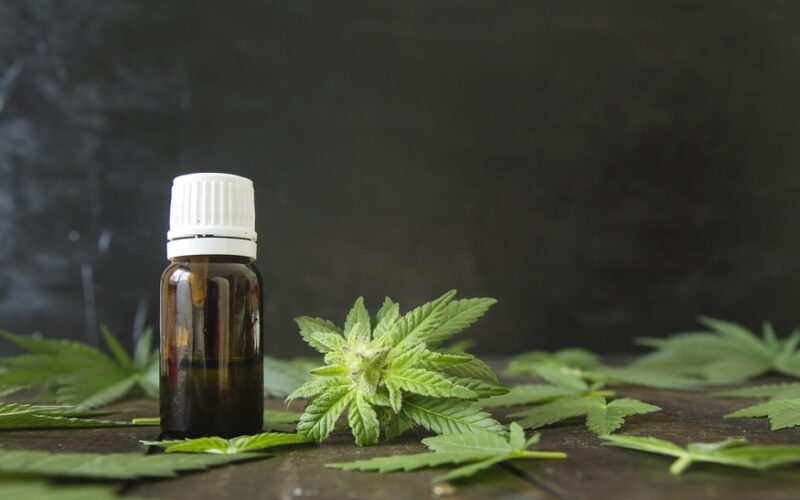2,398 Views
If you are looking to become a police officer and you use cannabis, you may be out of luck. States routinely bar cannabis users from police academy training until they stop using the drug and have been off it for least one year. But isn’t that discrimination? That depends on who you ask.
The issue recently came up in Utah, where academy training standards
have been changed to accommodate job candidates looking to become emergency dispatchers. Prior to the change, would-be dispatchers were in the same position as would-be police officers. That is no longer the case. Dispatcher candidates no longer have the one-year waiting period before beginning their training.
Federal Firearms Rules
At issue are the federal rules governing firearms. Federal law prohibits cannabis users from owning or possessing firearms. Despite medical cannabis being legal in Utah, the federal statute stands. This leaves organizations like the Utah Peace Officer Standards & Training Council between a rock and a hard place.
They are the organization that establishes training standards for peace officers in the Beehive State. If they grant an exception for medical cannabis users based on state law, what is to stop them from being sued by someone else using other controlled substances? It is a liability issue that training and standards organizations don’t want to get caught up in.
How Cannabis Affects Job Performance
Some states are grappling with similar issues regarding firefighters and emergency medical technicians (EMTs). For example, Utah has changed its law in order to require government employers to accommodate medical cannabis use as long as such use is not affecting a person’s job performance. This technically means that firefighters can use medical cannabis away from the job, provided they possess a valid medical cannabis card.
Other states have similar laws in place. But there are some that continue to ban cannabis use among public employees across the board. The question of whether it impedes job performance does not necessarily matter.
Federally Regulated Jobs Are Different
We cannot forget employment regulated by the federal government, here. Police officers are regulated by the states. It is only federal firearms regulations that prevent would be police officers from attending academy training. But what about interstate truck drivers? They are regulated by several different federal agencies.
Truck drivers who drive across state lines are not allowed to use cannabis in any form. They are not allowed to use medical cannabis in Utah, even if they possess a valid card that allows them to walk into
Beehive Farmacy in Brigham City to legally purchase medication. As long as they continue making a living by driving trucks, they are barred from using cannabis.
Again, this may seem discriminatory. But truck driving is a challenging job under the best of conditions. Federal regulators do not want to take any chances with drivers who might be under the influence. As such, truck drivers who cross state lines are not allowed to use any controlled substances. Their employers are required to conduct random drug tests to ensure that this is the case.
Recruiting More Officers
For some police agencies, the cannabis issue is less about ethics and more about recruiting additional officers. Police agencies around the country are having trouble maintaining staffing levels. Academy trainees not being allowed to use cannabis – even medically – further limits the potential talent pool.
If Washington does decriminalize marijuana down the road, it will be interesting to see how such actions affect firearms laws. Eliminating the firearms restriction would allow police agencies to recruit and hire future officers despite the fact that they might use cannabis medically.

